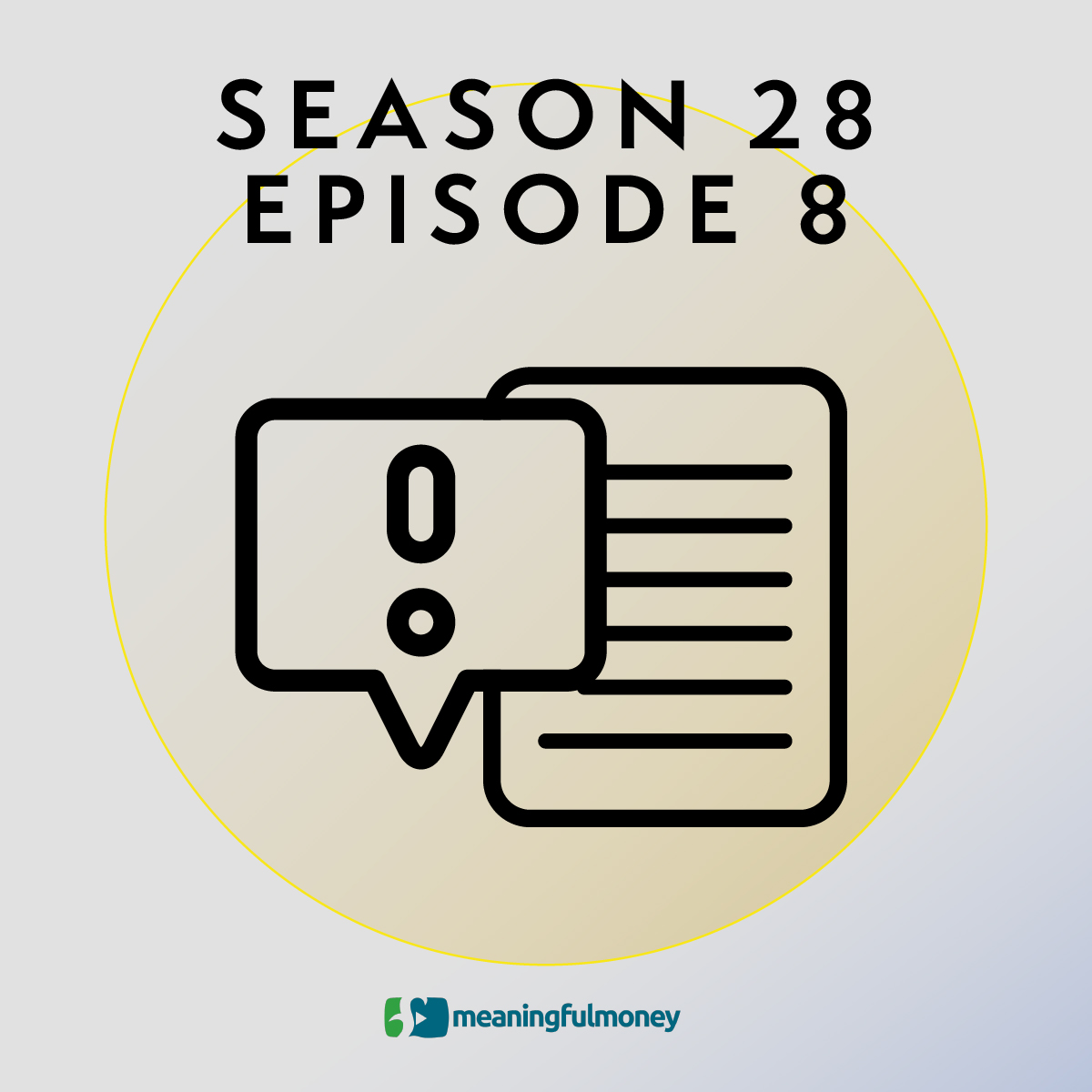Everything You Need To Know
- What a good financial review contains.
- Assess Income Sources. Review all sources of income, including salary, bonuses, investments, and side hustles. Ensure income streams are stable and identify opportunities for additional income.
- Evaluate Expenses. Categorise and review monthly expenses (e.g., housing, utilities, groceries, transportation, entertainment). Identify areas where you can cut costs or reallocate funds.
- Update Your Budget. Compare your actual spending against your budget. Adjust your budget based on any changes in income or expenses.
- Check Debt Levels. List all debts, including credit cards, loans, and mortgages. Note interest rates and prioritise repayment – Debt snowball/avalanche.
- Review Savings. Evaluate your emergency fund and savings accounts. Ensure you are meeting your savings goals and consider increasing contributions if possible.
- Analyse Investments. Review the performance of your investments (stocks, bonds, retirement accounts). Make adjustments to your portfolio to align with your risk tolerance and financial goals.
- Examine Insurance Coverage. Review your insurance policies to ensure adequate coverage. Update policies as necessary to reflect changes in your circumstances.
- Plan for Taxes. Assess your tax situation and ensure you are taking advantage of all allowances. If you’re self employed (truly self employed, not company owners), are you putting enough funds aside for your tax bill?
- Set or Revise Financial Goals. Review your short-term and long-term financial goals. Adjust your goals based on your current financial situation and future aspirations.
- Prepare for Major Life Events. Anticipate upcoming major expenses (e.g., weddings, education, home purchase, retirement).
- Implications of missing our reviews. Financial Uncertainty, Overspending and Debt, Missed Opportunities, Poor Financial Health, Increased Stress.
- Nothing good happens by accident. No-one is as committed to our financial future as we are. So no-one else is going to be as interested as we are.
Everything You Need To Do
- Set yourself up for success. Pick a date and put it in your calendar, recurring annually. Make it a time and date that gives you a run at it. In time you’ll get quicker, but it might take a few hours the first time.
- Use technology. Keep good records, for yourself and in case anything happens to you. Pete uses YNAB to track everything.
- Resist the temptation to take action on anything immediately. Note the task and continue through the review so you get to the end in one sitting. At the end of the review – look at all the tasks and decide when you’re going to do them.
- Be honest with yourself. Ask whether you should bring in a professional, either to collaborate with going forward or for a one-off check. You CAN do this yourself, but only if you have the time and mental space to do so.





